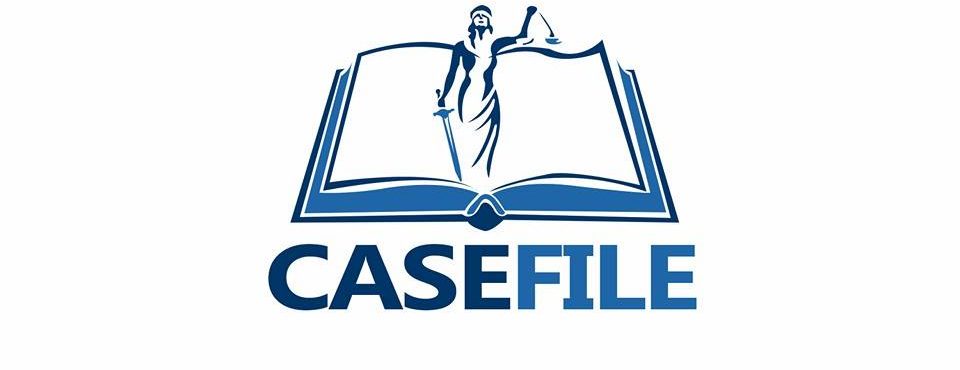Funke Busari
In a bid to stem the spike in COVID-19 cases in Nigeria, members of the National Economic Council, NEC, have decided to act on the strict enforcement of measures to contain the spread of the disease across the country.

This is because Nigeria hit an highest single day count of 930 new cases, since the first case was confirmed on February 27, 2020.
This decision was reached at NEC’s monthly meeting presided over by Vice President Yemi Osinbajo, SAN, on Thursday.
To arrest the development, the membership of its Ad-Hoc Committee on COVID-19 led by the Delta State Governor, Dr. Ifeanyi Okowa with the Governors of Lagos, Bauchi, Plateau, Kano, Anambra and the Minister of the Federal Capital Territory, FCT, has now been enlarged to include the Governors of Ogun and Kaduna.
Their mandate is to urgently come up with additional measures to deal with the spike in cases.
Meanwhile the Minister of Health is also a member of the Committee, while the Federal Ministers of Information and Youth and Sports have also been asked to join while Commissioners of Health and Information in the States would now be co-opted into the assignment.
At the end of the monthly meeting presided over by Vice President Yemi Osinbajo, SAN, on Thursday, a statement by Osinbajo’s spokesman, Laolu Akande, said the virtual meeting attended by State Governors, FCT Minister and other federal ministers, noted that it “is alarmed that the current trends are now approaching or surpassing the levels reached during the lockdown imposed at the height of the epidemic earlier in the year.”
NEC also noted that “the country is now experiencing a huge resurgence of COVID-19 patients needing intensive care and the existing health facilities are fast becoming overwhelmed.”
Osinbajo asked the Committee to urgently develop innovative and new measures to curtail the spread of the disease, acting in the best interests of both the health and overall welfare of Nigerians.
“NEC notes that this increase is being accelerated by non-compliance with the non-pharmaceutical interventions advised by government, including the wearing of masks, limiting of gatherings, especially indoors and the washing/sanitization of hands,” the statement said.
“NEC, therefore, wishes to reemphasize the importance of these measures. Particularly as we approach the end of the year and the social gatherings associated with the holiday season, we must avoid activities or behavior that may aggravate the situation and necessitate another lockdown.”
Meanwhile, NEC firmly resolved to advocate rigorous and strict enforcement of the non-pharmaceutical interventions listed below:
1. Restrict all physical gatherings and instead opt for virtual meetings, whenever possible. If physical meetings must be held, ensure there is adequate ventilation of the room, limit the number of attendees, wear face masks, maintain a physical distance of at least two metres and adhere to other public health measures.
2. No mask, no entry, no service – all staff members, visitors and customers entering workplaces, shops, entertainment or business premises must wear a face mask that should cover the mouth and nose at all times, and should not remove them, especially if speaking to another person in close proximity.
3. Temperature checks must be carried out on all employees and customers entering office and business premises (any person with a temperature 38 degrees Celsius or above, should be denied entry and advised to go for a health check).
4. All office and business premises must have a handwashing station with running water and soap or hand sanitizer at the entrance. Employers and business owners have a responsibility to ensure hand sanitizers are always refilled and soap and water always available.
5. Office, shops and business premises must be well-ventilated and cleaned regularly throughout the day, ensuring that frequently touched surfaces like desks, countertops, work stations, railings, door handles, are cleaned and disinfected. An occupational health and infectious diseases preparedness plan must be in place, in case an employee, customer or visitor becomes unwell.


